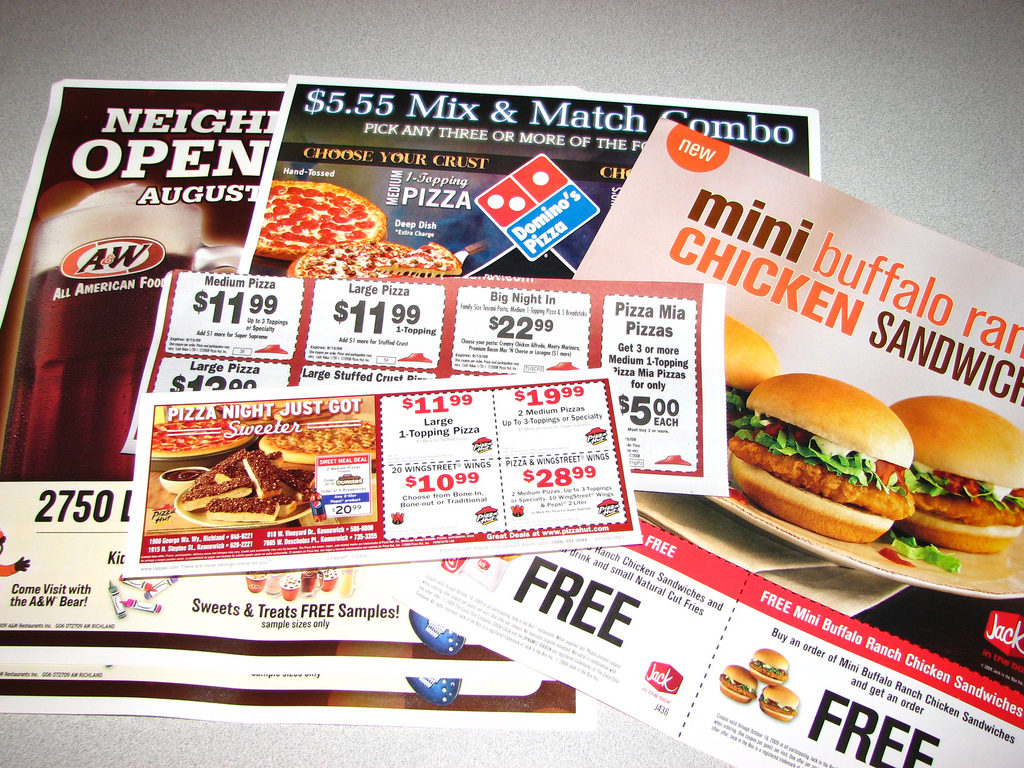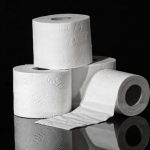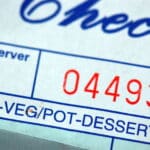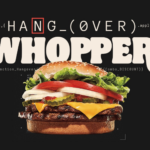
No, coupons can’t cure the coronavirus. But could they help cure the economic damage caused by the coronavirus?
Before COVID-19 upended our lives, a Harvard University economist got some guff from critics for a suggestion he says was “partly tongue-in-cheek.” Gabriel Chodorow-Reich’s idea, which he raised at a conference in early January, was that the U.S. government could help stimulate spending and combat the next recession – whenever that might be – by giving everyone a coupon worth $1,000 to be used at local restaurants of your choice.
Well, “the recession has come faster than anyone anticipated,” Chodorow-Reich told Coupons in the News. And now at least one community is doing something quite similar to what he suggested, and an entire country is doing something along the same lines as well.
The original idea, as discussed by Chodorow-Reich at an American Economics Association conference, was that targeted coupons encouraging discretionary spending could give more of a boost to a recessionary economy than stimulus cash payments from the government. Cash, after all, can be saved or spent on necessities, while coupons can only be used at local establishments that need the business.
Why restaurants, specifically? Well, not everyone goes to a salon, a gym or a movie theater. But everyone has to eat. “There are serious distributional issues with focusing aid on restaurants only. And one can only imagine how the lobbying process would impact this,” Chodorow-Reich acknowledges. “That said, there is economic merit. The restaurant industry has been particularly hard hit by the shutdowns. I doubt we want to encourage people to crowd into restaurants anytime soon. But I’m sure many restaurants would welcome the additional take-out business that such coupons would generate.”
Restaurants in the small town of Middleburg, Virginia sure do.
Located about an hour’s drive from the nation’s capital, each of Middleburg’s 429 households has received a bundle of coupons to use at local restaurants, courtesy of their town leaders. “These are extremely difficult times for us all,” Middleburg mayor Bridge Littleton wrote in a letter that was mailed to residents, along with $20 vouchers to 13 participating restaurants, worth a total of $260.
The Town Council came up with the idea to help residents and restaurant owners during the coronavirus crisis. Town leaders dipped into their cash reserves and decided to spend $111,540 on a total of 5,577 vouchers, to encourage residents to patronize local restaurants that remain open for take-out or delivery.
“It’s a win-win,” Littleton told the Washington Business Journal. “It helps the restaurants stay open, gets the residents an incentive to get out there and spend some money, and gets meals to people who need them.”
And, to help address the question of why restaurants should get special treatment over other businesses, the town is considering other ideas for other retailers. As shops begin to open, for example, the town plans to offer them subsidies allowing them to put merchandise on sale and get reimbursed.
Meanwhile, in China, the government has been handing out billions of yuan worth of coupons to help get its citizens shopping. It’s an alternative approach to the direct cash stimulus payments that are being sent to about 150 million Americans. But economists disagree about whether either approach will really stimulate consumer spending, since the cash or coupons can be used on daily necessities and not the kind of discretionary purchases necessary to help get the economy moving again.
So restaurant coupons, which can help consumers and local businesses alike, may not be such a far-fetched way to battle a recession after all. Now if only the government would send you some extra Sunday inserts while they’re at it… but as helpful to consumer spending as that might be – don’t get your hopes up.
Photo by Matt McGee















